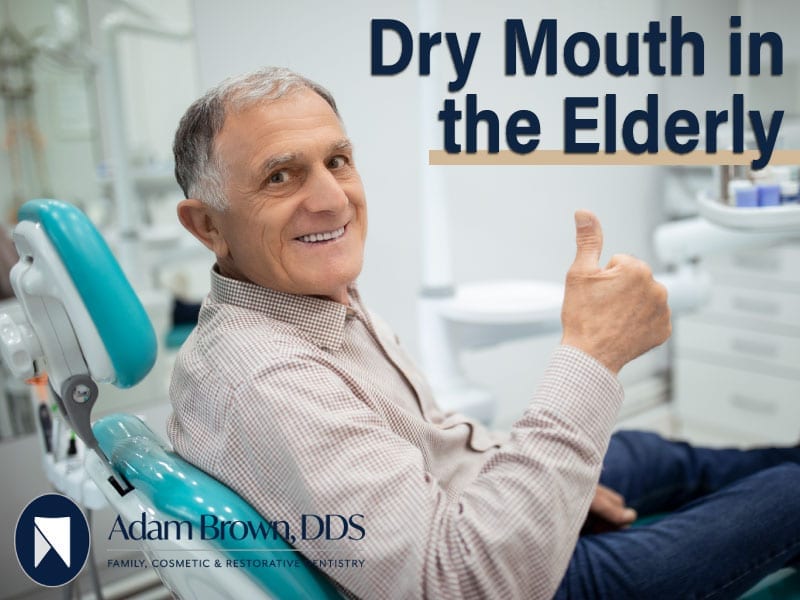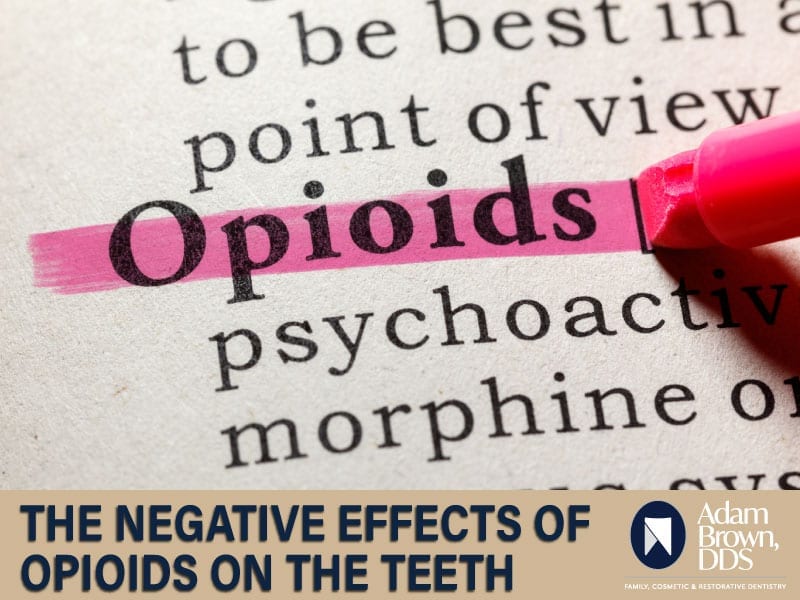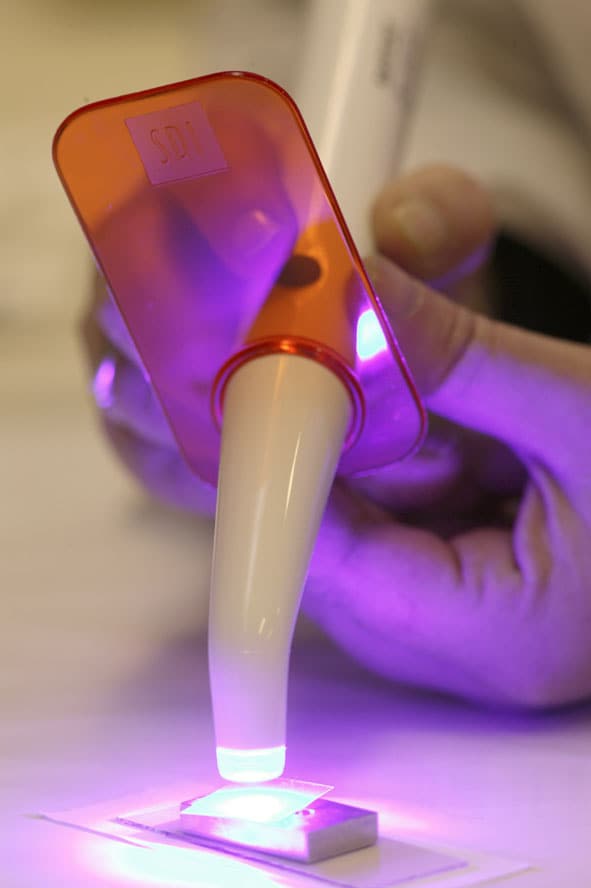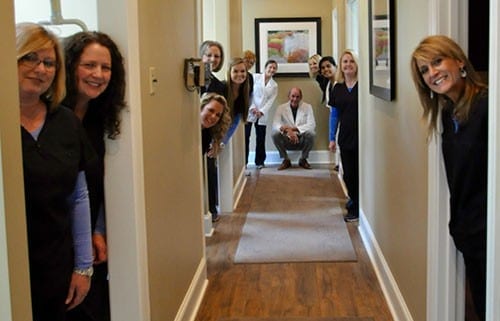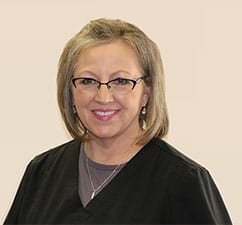The Secret Behind Flossing!

Carolina’s Dental Choice takes pride in helping people have healthy teeth and a smile they want to show off. This is why we encourage people to floss daily. Flossing is a simple task that can be done in just a few minutes but stubborn non-flossers often underestimate the importance of those few minutes. Flossing cleans in-between the teeth and reaches places that simply brushing cannot. When you floss, you remove those tiny food particles and plaque that can’t be seen in-between your teeth and by removing the plaque, you can help prevent tooth decay.
Flossing is a must for good oral health. We know that flossing can be a little tricky and can be easily forgotten but flossing is essential to keeping your gums and teeth healthy. Flossing not only removes food from in-between the teeth, but it also helps protect the gums by cleaning out foods that, if stuck between your teeth, could cause bacteria to grow on the gums. Flossing breaks down the plaque and bacteria biofilm on your teeth and protects your teeth from decaying and your gums from Gingivitis.
Believe it or not, when bacteria is left in-between your teeth it can actually change the whole ecosystem of your mouth. This can make you more vulnerable to bacteria related infections. Bacteria and plaque are your gums worst nightmare. The gums are very sensitive and when they come in contact with bacteria and plaque it can cause serious problems. Gum decay and gum infections are very common and if untreated can lead to gum disease.
Do your gums bleed when you floss? This is normal. Gums are sensitive and if they are not used to regular flossing, the flossing will irritate them until they become adjusted. Once you begin flossing daily, your gums will become stronger so that your gums will be less irritated and bleed less often.
Here at Carolina’s Dental Choice we want our patients to have the healthiest smile they can. Having routine visits to our office will help you keep your teeth happy. Just don’t forget to practice daily oral hygiene as well. Schedule an appointment at our office or give us a call to learn more about oral hygiene.

